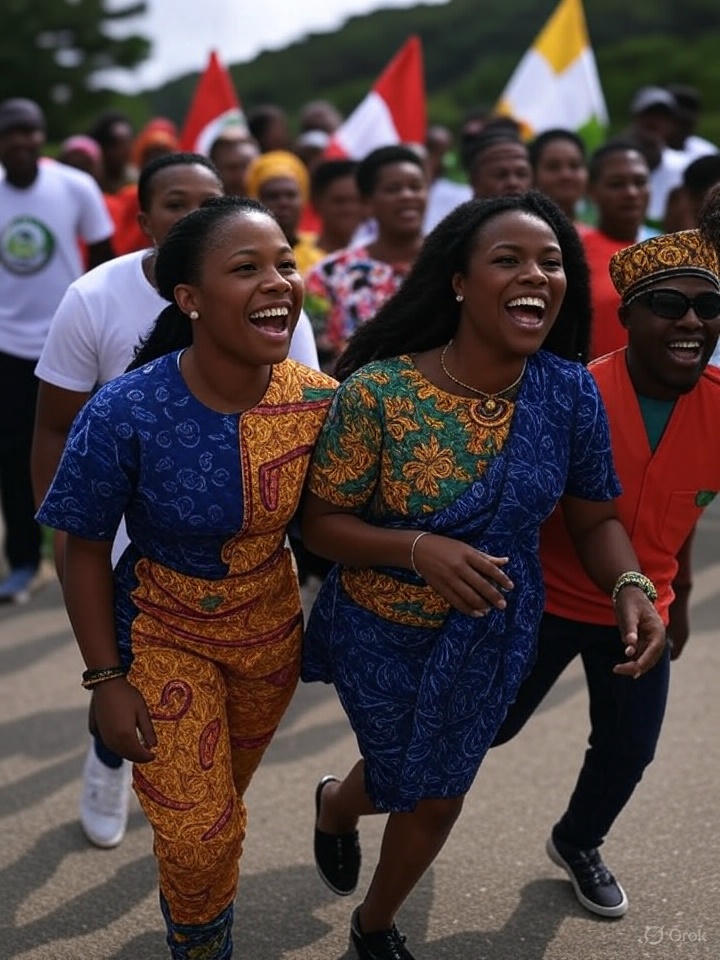As Nigeria approaches the 31st anniversary of the annulled June 12, 1993 presidential election, a critical question looms: Has the country upheld the ideals of democracy for which so many fought and died?
That election, widely regarded as the freest and fairest in Nigerian history, was poised to usher in a new era of civilian governance after years of military rule. Business mogul Chief Moshood Kashimawo Olawale (M.K.O.) Abiola was presumed to have won the vote, but the military regime of General Ibrahim Babangida shocked the nation by annulling the results, sparking nationwide protests, political unrest, and years of authoritarian setbacks.
June 12: A Symbol of Broken Promises
The annulment of the June 12 election did not only cancel a vote; it dismantled hope. M.K.O. Abiola’s slogan, “Hope ’93,” was not just campaign rhetoric—it embodied the expectations of millions yearning for stability, freedom, and economic prosperity. His subsequent arrest in 1994, and mysterious death in custody in 1998, cemented his legacy as a martyr of democracy.
In 2018, President Muhammadu Buhari officially recognized June 12 as Democracy Day, a symbolic gesture meant to honor Abiola’s legacy. Yet, for many Nigerians, the challenges of governance, corruption, insecurity, and electoral malpractice suggest that the promise of June 12 remains largely unfulfilled.
Has Nigeria Betrayed Democracy?
While Nigeria has held several elections since the return to democratic rule in 1999, many analysts argue that the quality of democracy has deteriorated, citing:
-
Rampant electoral violence and vote-buying, especially in the 2007 and 2019 elections.
-
Judicial interference and post-election litigations that have undermined public confidence.
-
Political defections and lack of ideological consistency among parties, creating a power-focused rather than people-focused political culture.
According to political analyst Dr. Akin Fadeyi, “The ideals of June 12 were about inclusion, transparency, and credible leadership. Today, politics is more about access to state resources than serving the people.”
Public Trust in Democracy is Eroding
A 2024 Afrobarometer survey revealed that only 36% of Nigerians trust the Independent National Electoral Commission (INEC), and just 29% believe their votes count. These sentiments echo the broader disillusionment among Nigeria’s youth, many of whom led the #EndSARS protests in 2020—a modern civil rights movement sparked by police brutality, but underpinned by deeper frustration with systemic governance failures.
This disillusionment is not limited to the streets. Voter turnout has been steadily declining, with just 27% turnout recorded in the 2023 general elections, the lowest since 1999.
The Way Forward: Keeping the June 12 Spirit Alive
To honor the legacy of June 12, analysts and civil society groups are calling for:
-
Electoral reforms that ensure transparency, digital verification, and better logistics.
-
Judicial independence to resolve election disputes without bias or delay.
-
Civic education to empower citizens to hold leaders accountable.
-
Real enforcement of campaign financing laws to reduce undue influence.
There’s also a growing call for political parties to prioritize internal democracy, enabling the emergence of visionary leaders rather than career politicians.
A Legacy Worth Defending
Chief M.K.O. Abiola’s sacrifice continues to resonate across generations. His daughter, Hafsat Abiola-Costello, recently stated during a public forum in Abuja:
“June 12 was not just about my father. It was about the millions who believed in the power of the ballot over the barrel of the gun. If we allow democracy to die, we betray them all.”
As Nigeria reflects on three decades since that pivotal moment in 1993, the question is no longer just about remembrance, but renewal. Can Nigeria still become the democracy that June 12 promised? Or has the country, in the words of some critics, “replaced dictatorship with dysfunction”?
Only time and the will of the people will provide the answer.
For more in-depth political retrospectives and national commentary, visit Xamblog.com.
Last Updated on June 12, 2025 by kingstar





